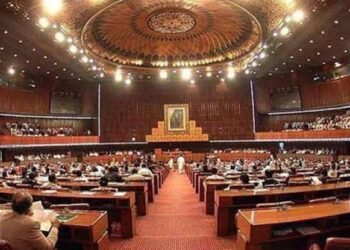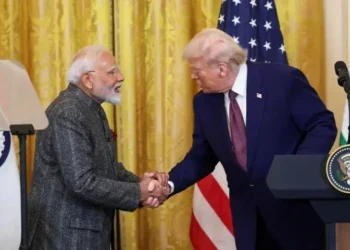ISLAMABAD; Pakistan and the International Monetary Fund (IMF) have reached an agreement to abolish two major car import schemes and tighten regulations on a third, as part of broader economic reforms tied to the ongoing review of the $7 billion Extended Fund Facility (EFF) and the $1.4 billion Resilience and Sustainability Facility (RSF).
Under the agreement, the baggage and gift schemes for importing vehicles will be abolished, while the Transfer of Residence scheme will face stricter conditions. Commercial import of five-year-old used cars will now be allowed but under stringent checks and safety measures.
According to officials, the misuse of car import schemes — often involving vehicles being shipped from Japan or the UK to Dubai and then to Pakistan — will be strictly curtailed. Under the revised rules, vehicles can only be imported from a country where the individual has stayed for at least one year.
The IMF has set a deadline for the Economic Coordination Committee (ECC) of the Cabinet to formally approve these changes within the current month. This move is expected to curb misuse, improve regulatory oversight, and align with IMF’s broader tariff rationalisation plan.
Governance and Corruption Diagnostic Report: A Sticking Point
While significant progress has been made on trade reforms, the release of the Governance and Corruption Diagnostic (GCD) Assessment Report remains a major point of contention between Pakistan and the IMF.
According to sources, a high-level government task force reviewed the anti-corruption framework and shared its findings with the IMF. The task force proposed:
- Asset declarations: Draft rules requiring civil servants in BPS 17–22 and their spouses to declare assets.
- Legal amendments: Changes to the Civil Servants Act (1973) and Elections Act to enable publication of asset statements and extend these requirements to non-elected advisors and special assistants.
- Institutional reforms: Amendments in the NAB Ordinance and FIA Act to clearly define jurisdictions, prepare a joint offences list, and create formal coordination mechanisms between NAB, FIA, and provincial ACEs.
- Capacity building: Training officers on jurisdiction, shifting FIA airport staff to other forces, and enhancing investigative capacity through technology and skill development.
- Public awareness: Campaigns to build a culture of integrity and inform citizens about their right to access information under the Right to Information Act.
- Legal reforms: Transparent appointments of prosecutors and judges for special courts, empowering provincial ACEs to handle money laundering cases, and establishing a central coordination forum for investigation, intelligence sharing, and forensic support.
- Financial accountability: Ensuring appointment of Chief Internal Auditors in ministries as per the Public Finance Management Act and enforcing compliance with the State-Owned Enterprises (Governance and Operations) Act 2023.
The IMF–Pakistan talks are expected to conclude on Wednesday. If successful, Pakistan will receive the second tranche of $400 million under the RSF, while moving closer to completing the second review of the EFF.





































































